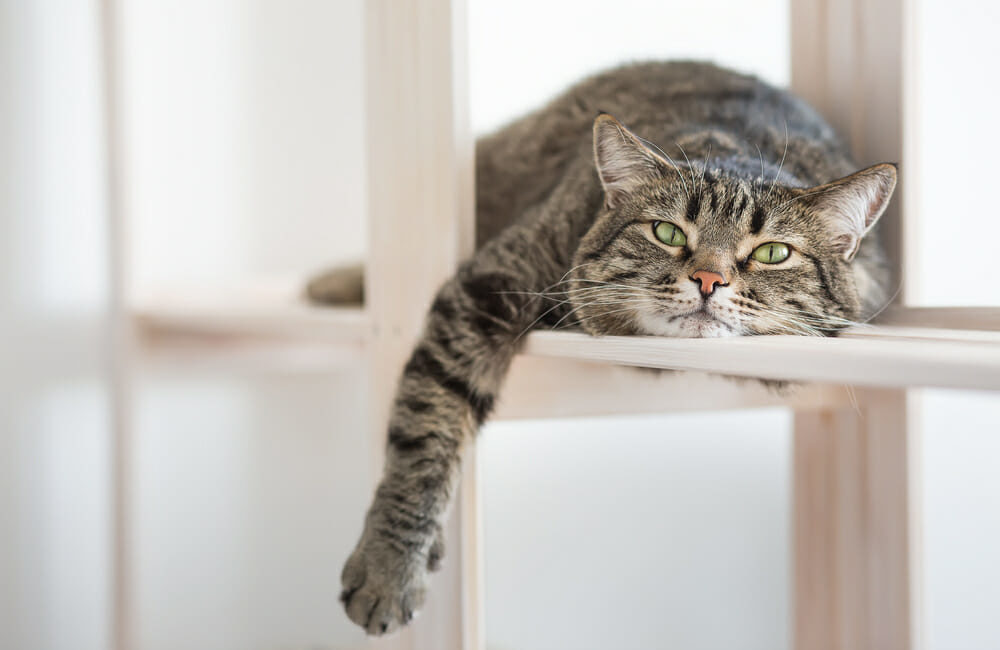“Why should I vaccinate my indoor cat? He doesn’t go outside, and he has had his shots before.” This is a common conversation that we have with clients regarding vaccinating their indoor cats. Even the most well-meaning owner may not realize the risks associated with choosing not to follow a vaccination schedule.
For starters, the term ‘indoor cat’ is one that is often used loosely. Most cat owners at one time or another, have had to chase after their cat from its great escape frantically (sometimes in Batman pyjamas while neighbours watch and laugh). Let’s say that your cat gets out and gets under the deck in the back yard. S/he is only outside for five minutes, and he hasn’t pulled this escape stuff since last year. Even five minutes of exposure is plenty of time for him to come into contact with:
- Fleas – They are out there, and they would love to come in via your cat. We all know that fleas are a royal pain and it will take a minimum of 3 months to rid yourself of them and their lifecycles. Flea bites can also lead to tapeworms.
- Ticks – These gross little bloodsuckers are no one’s friend. Ticks can carry lime disease, and they are very easy for your cat to pick up. Even if your cat is outside for five minutes, a tick can easily attach itself and begin feeding. The Toronto Star reported that: “The number of Lyme disease cases is at a record high and expected to keep growing. In 2017, there were 78 cases in Toronto, 987 in Ontario and more than 1,400 in Canada. By comparison, a year earlier there were 23 in the city, 388 in the province and 992 cases nationwide. But because it’s under-reported, some experts say the true number may be tenfold.”
- Mosquitoes – Mosquitoes can infect your cat with heartworm. If your cat is strictly indoors, they are still at risk. Remember that it only takes one mosquito to infect your cat and we’ve all had those pesky skeeters get into our house.
There are also other risk factors for infectious diseases that owners may not be aware of. For example, diseases such as panleukopenia can be transmitted by simply coming into contact with it. I’ve often had clients ask me whether rabies vaccines are necessary for indoor cats. I recall a recent situation in a clinic. The owner of an indoor cat was behind on her vaccines. Unfortunately, a rabid bat got into the house and bit the cat. The cat was vaccinated as quickly as possible in the hopes that the antibodies in her immune system would ward off the disease. Unfortunately, there is no cure for rabies.
We all think that the unlikely will not happen to us. But friends, prevention is the best medicine against disease. Peace of mind is a good thing and we are always happy to give you the best advice for your fur babies.
Written by: Shannon, CCR




